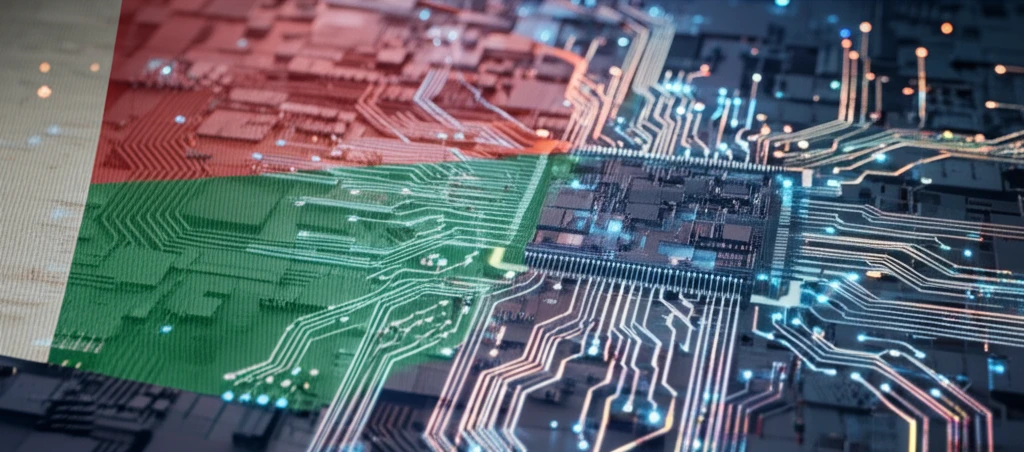
Decoding Madagascar's Economic Future: Can AI Predict Growth?
"Explore how machine learning is revolutionizing economic forecasting in Madagascar, offering new hope for accurate GDP predictions and data-driven policy decisions."
Imagine trying to navigate a complex maze in the dark. That's what economic forecasting can feel like, especially in a country like Madagascar, where reliable, up-to-date data can be scarce. Traditional methods often struggle to provide a clear picture of the current economic situation, leaving policymakers to make decisions based on incomplete information. But what if there was a way to shed light on the path ahead, using the power of artificial intelligence?
Enter machine learning, a game-changing technology that's transforming the way we understand and predict economic trends. In a recent study, researchers explored the potential of machine learning algorithms to 'nowcast' Madagascar's Gross Domestic Product (GDP) – essentially, predicting the present before the official numbers are in. This innovative approach could provide a crucial advantage, enabling more informed and timely economic policies.
This article delves into the fascinating world of machine learning and its application to Madagascar's economic forecasting. We'll explore the models used, the challenges faced, and the potential benefits for policymakers and the nation's economic future. Get ready to discover how AI is helping to decode Madagascar's economic future.
Why Traditional Economic Models Fall Short

Traditional econometric models have long been the workhorses of economic forecasting. These models use statistical techniques to analyze historical data and identify relationships between different economic variables. However, they often struggle to capture the complexities of the modern economy, especially in developing countries like Madagascar.
- Data Scarcity: Reliable, high-frequency economic data can be limited or delayed in developing countries, making it difficult for traditional models to produce accurate forecasts.
- Complex Dynamics: Economic systems are constantly evolving, with non-linear relationships and unexpected shocks that traditional models may not be able to capture.
- Incomplete Information: Official data may be subject to revisions or delays, leaving forecasters with an incomplete picture of the current economic situation.
The Future of Economic Forecasting is Intelligent
The study on Madagascar's GDP nowcasting demonstrates the immense potential of machine learning to revolutionize economic forecasting. By leveraging advanced algorithms and diverse data sources, policymakers can gain a more accurate and timely understanding of the economic landscape, enabling them to make better decisions and promote sustainable growth. As machine learning technology continues to evolve, we can expect even more sophisticated and reliable economic forecasting tools to emerge, empowering nations to navigate the complexities of the global economy with greater confidence.
